Young Thug's Legal Battle: A Deep Dive into the Atlanta Case
Atlanta's legal circles were abuzz with activity on October 31, 2024, due to a case involving notable rapper Young Thug, whose real name is Jeffery Williams. For those unacquainted with Williams, it's paramount to establish that he is not merely a rapper. He's a pivotal figure in modern hip-hop, having carved out a niche with his distinct style and musical innovation that even earned him a Grammy award. But today, music takes a backseat as the courtroom's intense atmosphere surrounds him.
The 33-year-old rapper faced serious allegations, including gang affiliation, drug possession, and firearm offenses. What stood out in this instance was Young Thug's decision to plead guilty. Unlike others who might've struck deals with prosecutors, he opted out, leaving the decision, and essentially his fate, in the hands of an impartial judge. This move, some legal analysts say, might reflect a strategy influenced by possible weaknesses in the prosecution's case or a demonstration of his readiness to accept responsibility.
The Charges and Their Weight
The charges levied against Young Thug weren't minor. They encompassed a spectrum from gang-related activities to drug and gun crimes. Specifically, as outlined in the courtroom proceedings, he pleaded guilty to one charge linked to gang activity and three concerning controlled substances. Furthermore, the gun charges, two in total, are particularly grave given their implications in the nation's broader discourse on gun control and crime.
Complicating his legal challenge further, there's his no-contest plea to yet another gang charge and a racketeering conspiracy. In layman's terms, a no-contest plea doesn't equate to admitting guilt. Instead, it signals that while he isn't contesting these charges, he's accepting the corresponding punishment. This legal maneuver might set the stage for more nuanced defense strategies as the process continues.
A Lengthy Legal Saga
The origins of this legal saga trace back over two years when Young Thug and his associates found themselves under scrutiny in a substantial indictment. The allegations cast a shadow of conspiracy over them for flouting Georgia's anti-racketeering law. More than these laws being breached, the case has captured both media and public attention due to its alleged connections with gang-related endeavors under the guise of the Young Slime Life (YSL), a purportedly nefarious group linked to Williams.
Prosecutors have made robust accusations, asserting YSL's dual nature, claiming it doubles as a criminal street gang aside from being known as Young Stoner Life, a label Williams founded. These allegations positioned Young Thug at the center of a trial featuring more than 24 other defendants, each facing varying degrees of severe charges.
Co-defendants and Plea Deals
As tensions rise in this expansive trial, notable developments have emerged. Three of Young Thug's associates opted to plead guilty earlier in the same week as Young Thug's decision. This wasn’t unexpected as the wheels of justice had slowly been turning; beforehand, nine individuals charged in the indictment had settled for plea agreements even before the trial's commencement.
Such strategic pleadings often reflect an understanding of the legal system's complexities, influencing defendants to weigh their options, considering potential sentencing. Given these dynamics, it's also worth noting that a set of twelve others are facing trials separate from this high-profile segment, further indicating the case's multifaceted nature. In an unexpected twist, one particular defendant's charges were dropped post his conviction in an unrelated homicide case.
Youthful Success to Legal Turmoil
Young Thug's career has been a roller-coaster of successes and setbacks. Known for his innovations in music and being a pioneer in his genre, he significantly contributed to contemporary hip-hop before his legal entanglements became public. His formation of YSL wasn't solely for music; it echoed his vision of nurturing talent in his image. Unfortunately, this vision collided head-on with allegations of illicit activities overshadowing his achievements.
Jury selection for his trial commenced in January 2023, painstakingly extending over ten months. Such durations often reflect either the trial's perceived complexity or the strategic time taken to ensure juror impartiality. The arduous nature of these proceedings might signal a methodical and perhaps unusually circumspect judicial process.
The Road Ahead
Young Thug's decision paints a compelling picture of his legal journey and potential future. With negotiations faltering, the spotlight turns to sentencing. How the judge interprets the facts presented and the pleas entered becomes pivotal. His legal team, spearheaded by notable defense attorney Brian Steel, stands poised to counter or mitigate potential penalties, albeit with reduced leverage given the pleas' nature.
Conversely, lead prosecutor Adriane Love holds the task of laying out a compelling narrative, ensuring justice aligns with the prosecution's perspective on the infractions by Young Thug and his associates. As this case unfolds, all eyes watch, waiting to see how a musician at the peak of his career will weather such formidable challenges.
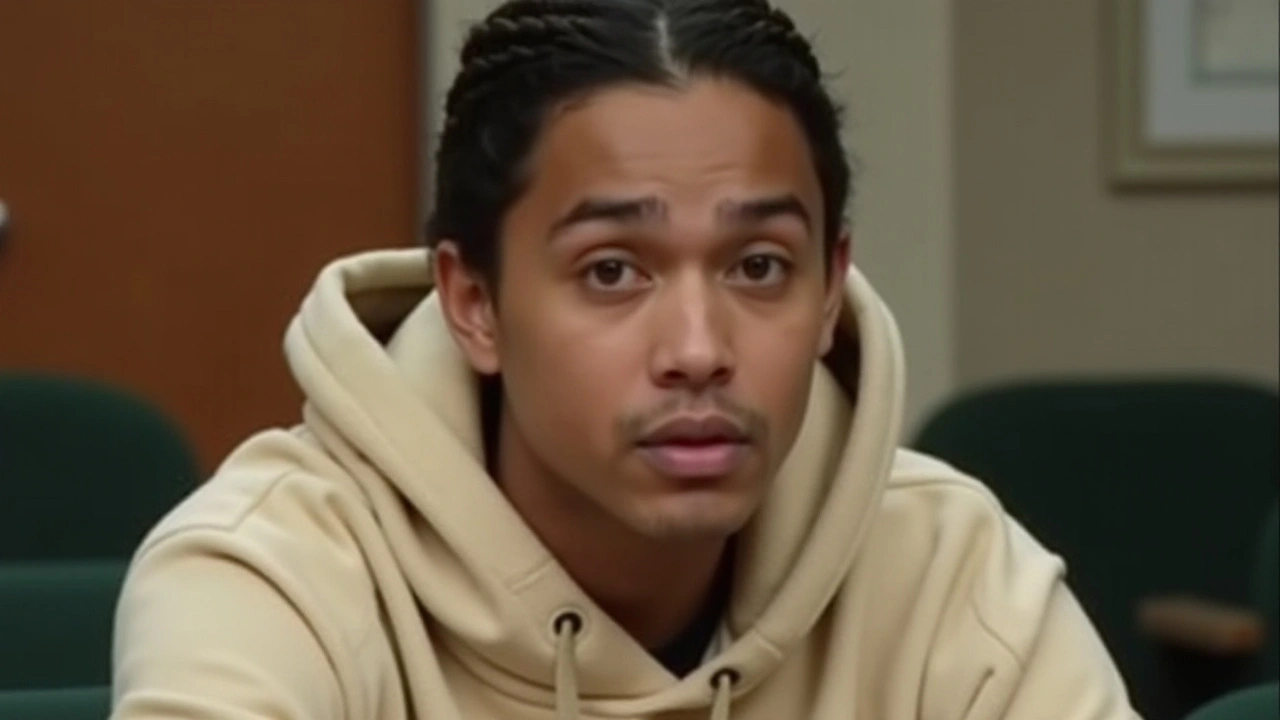
Implications Beyond the Courtroom
While the immediate focus remains on Young Thug, broader implications loom. For the entertainment industry, the line between art and real-life consequences blurs painfully. The intersection of fame, influence, and alleged crime demands a reflection of the industry's role in elevating figures into positions where these complexities play out publicly.
Young Thug's case isn't isolated. He joins a list of artists standing before judges, battling allegations that could potentially eclipse their artistic contributions. Legal analysts, therefore, are keenly observing the conclusions drawn from this trial, the messages sent by the verdict, and its broader impact on both legal standards and cultural perceptions.

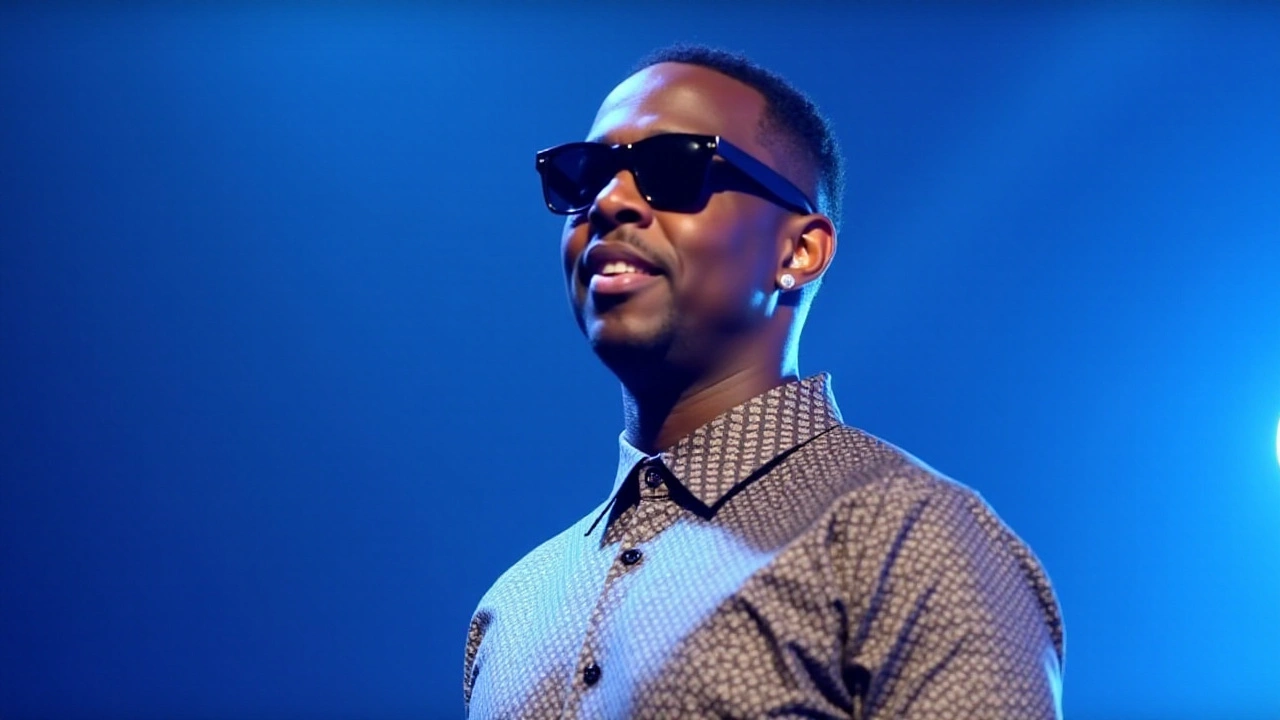


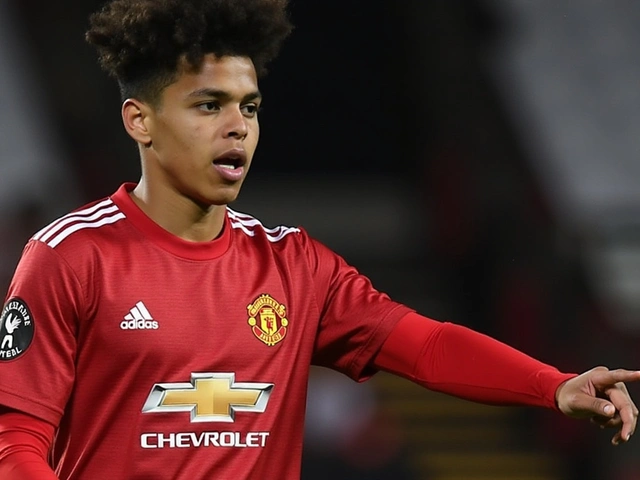
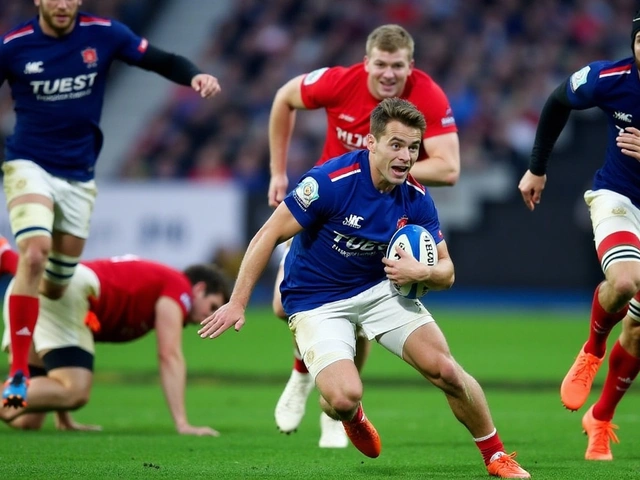
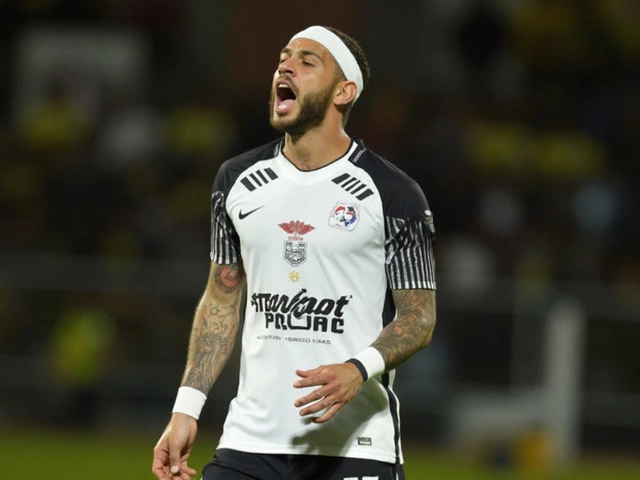
James Lawyer
While the plea may appear straightforward, it carries nuanced strategic implications under Georgia’s racketeering statutes. By entering a guilty plea on the gang‑related count, Young Thug eliminates the risk of a trial that could expose additional evidence linking the YSL collective to broader conspiracies. The no‑contest plea to the separate racketeering charge, meanwhile, allows the defense to avoid the admission of guilt while still subjecting the defendant to sentencing guidelines. Prosecutors will likely seek to aggregate the sentences under the “two‑strike” framework, potentially elevating the total term. Defense counsel will argue for credit on time served and for the existence of mitigating factors such as community contributions and the artist’s prior record.
Abby Culbertson
i think its sad he gotta do this.
Awolumate Muhammed Abayomi
i totally get why he chose this route, it might be a smart move given the evidence they got. even if the court looks tough, at least he’s not facing a full trial that could drag on forever. plus, his team can still negotiate for some leniency on the gun counts. everyone hopes the judge sees the bigger picture and not just the headlines.
Josh Tate
yeah, it’s rough seeing someone you admire caught up in all this. the legal system can be unforgiving, especially when gang labels are thrown around, but we also have to remember the victims behind the crimes. let’s hope a fair process wins out.
John Smith
Young Thug’s case is a textbook example of how federal and state authorities coordinate to dismantle alleged street enterprises. First, the indictment leveraged Georgia’s robust RICO provisions, which allow prosecutors to target not just individuals but entire networks. Second, the inclusion of both drug and firearm charges creates a cumulative sentencing stack that can dramatically increase the final term. Third, the guilty plea to a single gang‑related count reduces the jury’s exposure to potentially prejudicial evidence, which might otherwise sway a verdict. Fourth, the no‑contest plea is a tactical tool that lets the defense avoid an explicit admission while still accepting penalties. Fifth, the plea deals that were secured by three of his associates earlier in the week suggest a coordinated defense strategy aimed at limiting exposure. Sixth, the fact that nine other defendants had already taken deals before trial indicates the prosecution’s willingness to negotiate rather than pursue a full‑blown bench trial. Seventh, the judge will likely consider time already served, which could offset some of the aggregate sentence. Eighth, the presence of a high‑profile defense attorney like Brian Steel adds a layer of courtroom experience that can influence plea negotiations and sentencing recommendations. Ninth, the prosecutor’s narrative that ties YSL to organized crime will be scrutinized for any overreach, especially given the group’s dual identity as a label and a supposed gang. Tenth, community impact statements may be introduced, highlighting both the positive cultural contributions and the alleged negative influences. Eleventh, the sentencing guidelines under Georgia law provide for enhancements based on prior convictions, which could be a deciding factor. Twelfth, any cooperation with law enforcement could potentially earn a reduction, though it appears none has been offered so far. Thirteenth, the broader industry reaction will likely shape public perception, as other artists weigh their own legal risks. Fourteenth, the case sets a precedent for how other rap collectives might be investigated under similar statutes. Finally, the ultimate outcome will hinge on the judge’s interpretation of the plea agreements, the statutory framework, and the balance between punitive and rehabilitative goals.
Alex Soete
that’s a solid breakdown, man! the way you laid out each point makes it easy to see how everything stacks up. i’m especially curious about those possible enhancements – they can really blow the sentence out of proportion. also, the community statements could sway the judge one way or the other, so it’s not just about the legal paperwork.
Cara McKinzie
oh great, another “deep dive” that pretends to be insightful while missing the real human cost.